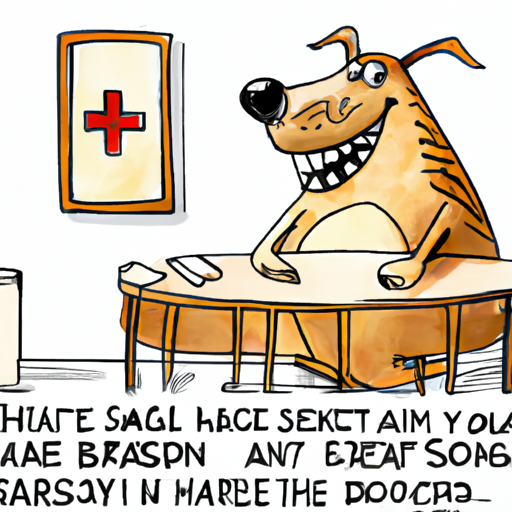As a dedicated and caring dog owner, you know the joy your pet derives from a tasty treat. Amidst a wide array of edible options, cheese often stands as a favorite among our canine companions. But what types of cheese can your dog safely consume? Let’s delve into the details.
H2: The Safety of Cheese for Dogs
Cheese, in moderation, can be a delightful, protein-packed treat for dogs. However, it’s crucial to remember that not all cheeses are created equal. Some types are highly beneficial, while others might pose a risk to your dog’s health. Hence, understanding the difference is key.
H2: The Best Cheeses for Dogs
Here are a few types of cheese that are generally safe for your dogs:
-
Cottage Cheese: Low in fat and high in protein, cottage cheese is an excellent choice. It’s easy to digest and contains beneficial vitamins and minerals.
-
Mozzarella: This is a lower fat, lower sodium cheese, making it a healthier choice if you decide to treat your dog with cheese.
-
Cheddar: Although cheddar has a higher fat content, it’s fine in small amounts. It’s also a great source of vitamin A and essential fatty acids.
H2: Cheeses to Avoid
There are certain types of cheese that you should avoid giving your dog:
- Blue cheese: This variety can contain roquefortine C, a compound that can be toxic for dogs.
- Cheeses high in fat and sodium: While dogs love the taste, these can cause digestive distress and other health issues over time.
H2: Cheese-Related Dog Treats
You might be surprised to know that there are dog treats available on the market specifically designed with cheese-loving canines in mind. These are often formulated to be easy on a dog’s stomach and provide the cheesy flavor dogs adore without the potential risks.
| Product Name | Cheese Type | Benefits |
|---|---|---|
| Cheesy Chews | Cheddar | High in protein, low in fat |
| Yum Yum Bites | Mozzarella | Contains healthy fats, low in sodium |
H2: Frequently Asked Questions
Q: Can my dog eat cheese every day?
A: While cheese can be a great treat, it should not be a daily snack due to its high fat and sodium content.
Q: My dog is lactose intolerant. Can they still eat cheese?
A: Generally, it’s best to avoid dairy products, including cheese, for dogs with lactose intolerance.
Q: Are there any other dairy products my dog can eat?
A: Yes, some dogs can tolerate yogurt and certain types of cheese. Always introduce new foods gradually and monitor for any adverse effects.
So, next time you reach into the fridge for a cheese snack, remember this guide. You can ensure you’re making a safe and healthy choice for your four-legged friend.



